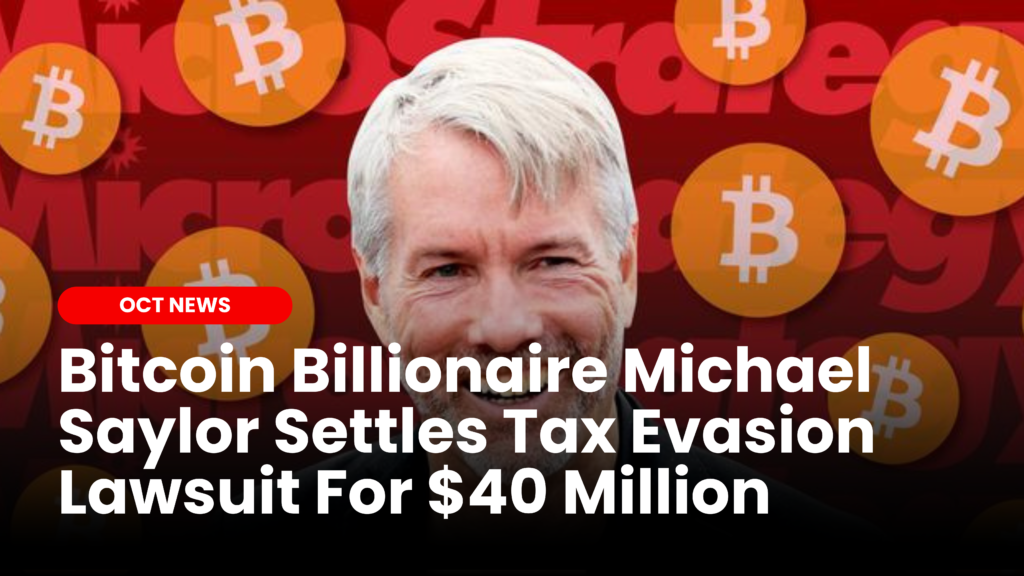Binance and its former CEO, Changpeng Zhao (CZ), are facing a new class action lawsuit from three crypto investors. The plaintiffs claim they couldn’t recover their stolen assets due to Binance’s alleged failure to prevent money laundering.
- On Aug. 16, a class action complaint was filed in the U.S. District Court for the Western District of Washington, Seattle. The plaintiffs allege their stolen crypto was sent to Binance by the thieves to obscure the connection between the ledger and their digital assets, rendering them untraceable.
- The lawsuit highlights that one of the main features of crypto transactions is the permanent and accurate traceability on the blockchain. The plaintiffs argue that without platforms like Binance.com, it would be easier for authorities to track down bad actors by retracing their steps on the blockchain.

The plaintiffs further allege that Binance played a crucial role in the money laundering process, violating the Racketeer Influenced and Corrupt Organizations (RICO) Act. Bill Hughes, senior counsel and director of global regulatory matters at Consensys, expressed skepticism about the plaintiffs’ ability to prove these allegations. He noted that the lawsuit is a “natural, predictable follow-on civil action” aimed at capitalizing on government prosecutions.
Hughes also mentioned that the lawsuit places Binance in a difficult position, with potential significant implications for the crypto industry if it proceeds to trial. He stated that if the case advances, the efficacy of blockchain analytics and on-chain asset recovery will be scrutinized.
CZ and the previous lawsuit
CZ pleaded guilty in November 2023 to violating U.S. money laundering laws and stepped down as Binance CEO as part of a settlement. Binance agreed to pay $4.3 billion in fines for civil regulatory enforcement actions. In April, CZ was sentenced to four months in prison, and he started serving his sentence in June.
Additionally, the Securities and Exchange Commission (SEC) filed a lawsuit against Binance in June 2023, accusing the exchange and CZ of misleading market surveillance controls and inflating trading volumes. The court allowed most of this case to proceed on June 28.



